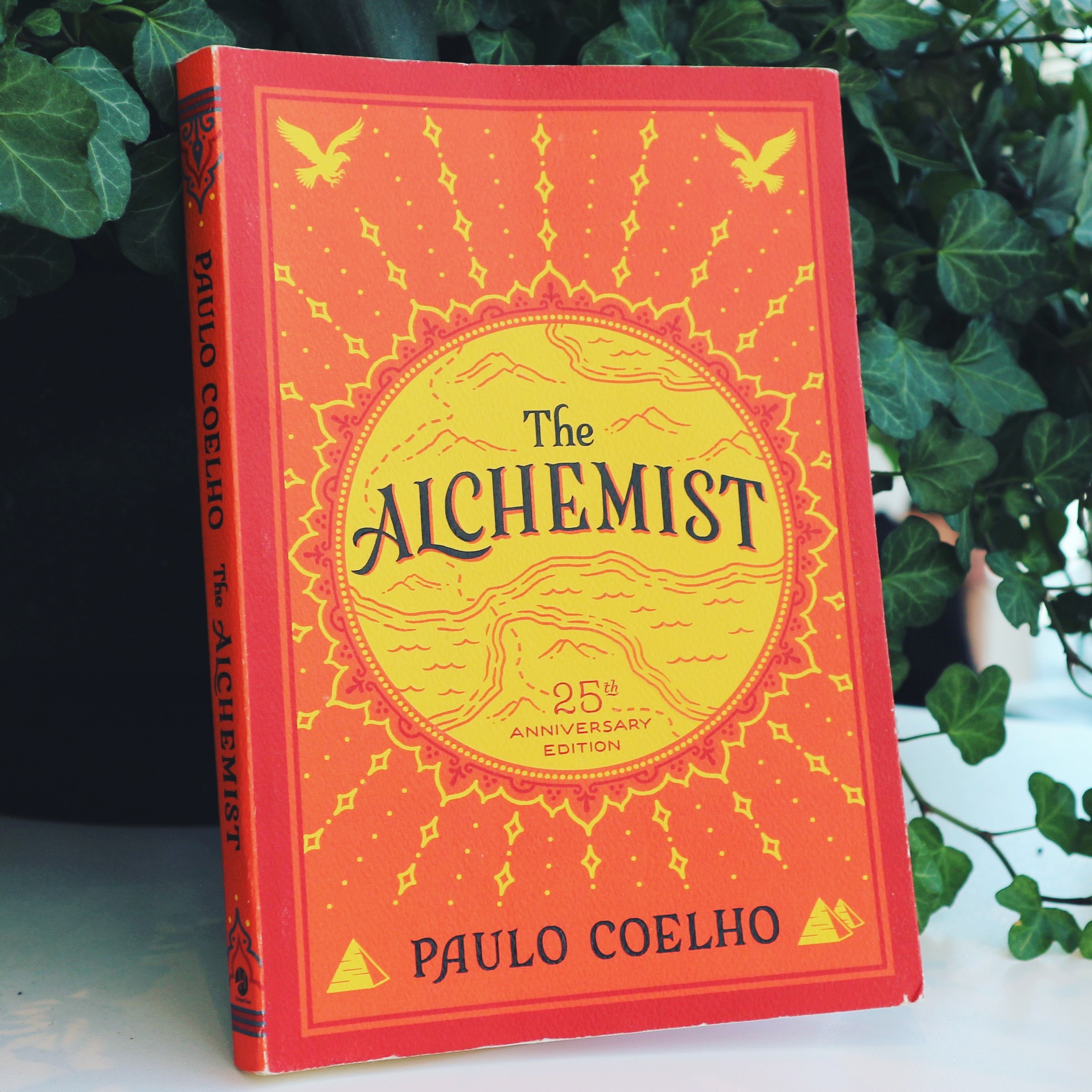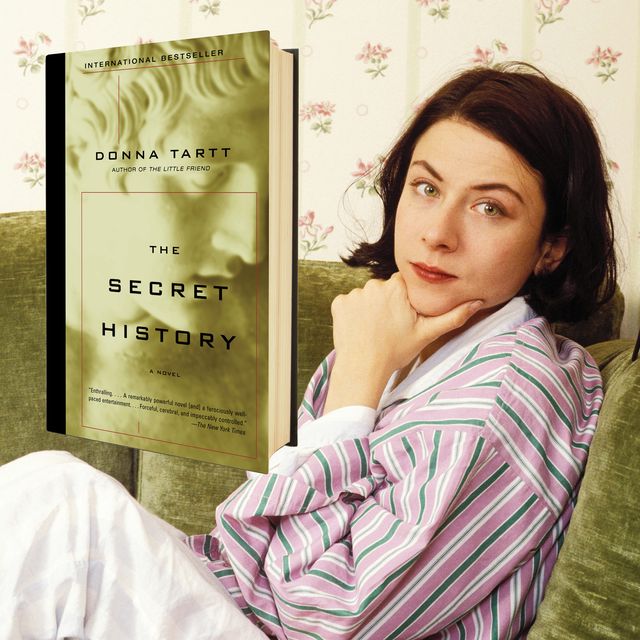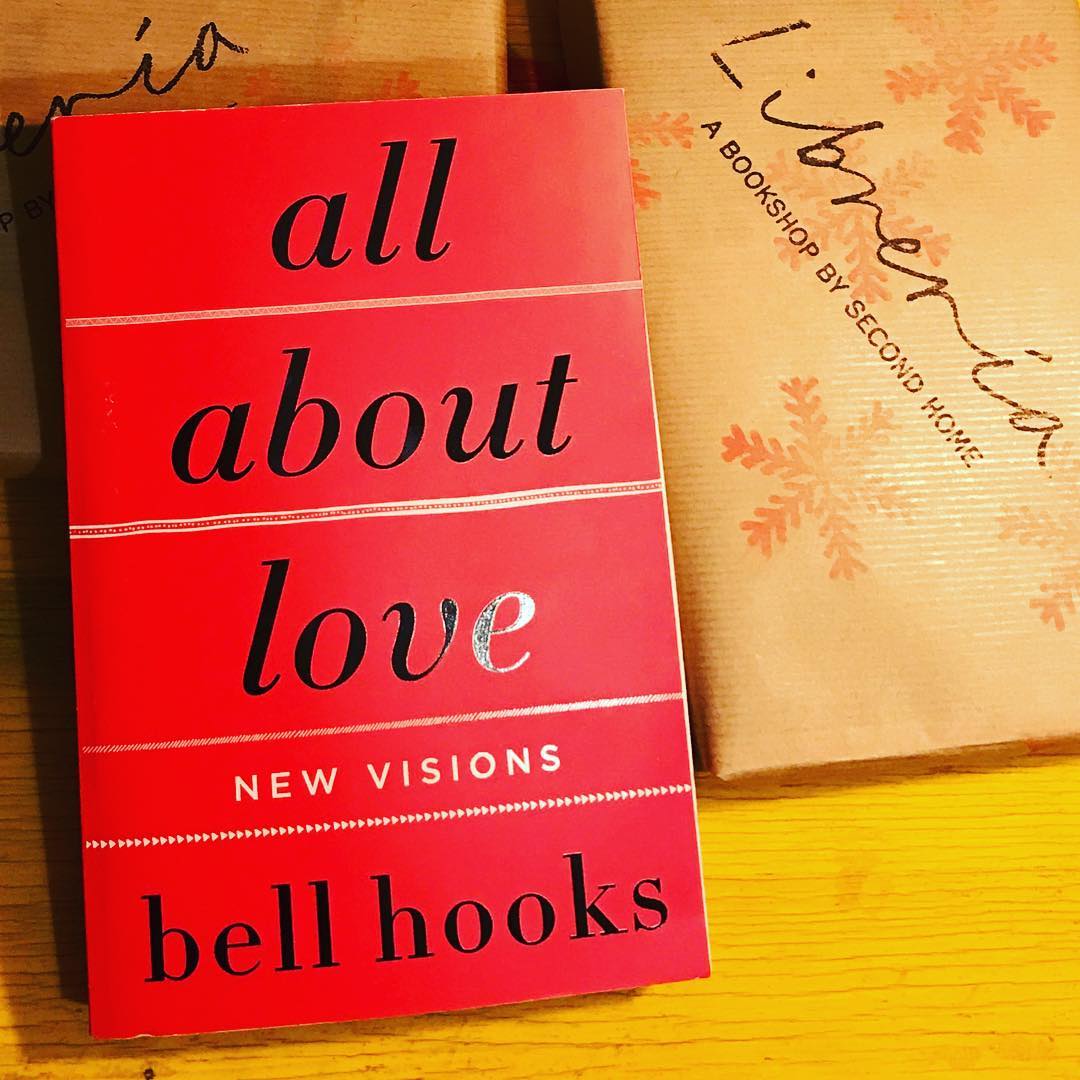Embarking on a literary journey often means encountering transformative tales that linger long after the final page is turned. Curating a list of the top 10 books to read before bidding adieu to this world is no small feat, as these narratives transcend time and genre, imprinting their wisdom and stories onto the very fabric of our souls. Start with Top10theworld.com now!
The Adventures of Sherlock Holmes

Sir Arthur Conan Doyle‘s “The Adventures of Sherlock Holmes” isn’t just a collection of captivating mysteries; it’s a literary passport to a world of timeless intrigue. The intricate plots, with their red herrings and unexpected twists, keep you guessing long after the hansom cab has clattered away. But it’s the iconic duo of Holmes and Watson that truly seals the deal. Holmes, the cerebral detective with his keen eye for detail, and Watson, the loyal foil offering a touch of practicality, have captivated readers for over a century. Their dynamic, a testament to the power of contrasting minds, is a masterclass in storytelling.
Conan Doyle’s prose is as sharp as Holmes’s deductions. He paints vivid pictures with words, transporting you to the foggy streets of London and the dimly lit parlors of Victorian England. But “The Adventures of Sherlock Holmes” isn’t just about atmosphere. It’s about peeling back the layers of human nature, exposing the darkness and complexity hidden beneath the surface. Through Holmes’s masterful deductions, we grapple with questions of crime, morality, and the very essence of what it means to be human.
The impact of these stories extends far beyond the page. They’ve shaped the detective genre itself, leaving an indelible mark on popular culture. Countless adaptations for film, television, and stage continue to enthrall audiences worldwide, proving that the allure of a well-told Sherlock Holmes mystery is truly timeless.
Reading “The Adventures of Sherlock Holmes” is more than just ticking a box on a “must-read” list. It’s an invitation to explore a vast literary universe, a springboard for further adventures in the world of the great detective. Whether you’re a seasoned mystery enthusiast or simply seeking a captivating escape, these stories offer endless entertainment and profound insights into the human condition. So, grab your pipe (or magnifying glass, if you prefer), settle in, and prepare to be swept away by the timeless magic of Sir Arthur Conan Doyle’s masterpiece.
READ MORE:
The Alchemist

Paulo Coelho’s ” The Alchemist” isn’t just a story about a shepherd and his sheep; it’s a portal to a world where dreams dance with destiny. Beyond the desert sands, lies a universal quest for fulfillment, whispered in every language and resonating with every heart. Coelho’s simple yet powerful prose paints a vivid picture of this journey, urging us to embrace our Personal Legends, the unique callings that guide us through life’s triumphs and tribulations.
More than just a captivating narrative, “The Alchemist” is an inspirational anthem. It whispers courage into our ears, reminding us that even the most daunting path can lead to the oasis of our dreams. Coelho’s words dance with metaphors of nature and spirituality, weaving a tapestry of interconnectedness, urging us to find our place in the grand design of existence.
Despite its brevity, “The Alchemist” packs a powerful punch, leaving its mark long after the final page is turned. It becomes a conversation starter, a shared experience that binds readers across cultures and backgrounds. It’s a catalyst for introspection, prompting us to confront our fears, nurture our faith, and chase the whispers of our souls.
In a world saturated with noise, “The Alchemist” stands as a beacon of clarity. It reminds us that life is a journey, not a destination, and that the most fulfilling moments lie in the pursuit itself. It’s a testament to the enduring power of dreams, a reminder that even the smallest spark can ignite a fire that illuminates our path. So, take a deep breath, grab your compass, and let “The Alchemist” guide you towards the extraordinary adventure of living your own Personal Legend.
Animal Farm by George Orwell

George Orwell’s “Animal Farm” is undoubtedly one of the most influential and impactful novels of the 20th century, earning its place among the Top 10 Books to read before you die for several compelling reasons:
A timeless allegory of political corruption: The story of animals overthrowing their human masters and establishing their own farm, only to fall victim to tyranny and inequality, serves as a powerful and enduring allegory for the dangers of totalitarianism and the corruption of power. It transcends its historical context and remains relevant in today’s world, sparking important discussions about political systems, leadership, and the nature of freedom.
Masterful storytelling and character development: Orwell’s writing is clear, concise, and captivating. He brings the animal characters to life with distinct personalities and motivations, making the story relatable and emotionally engaging. The reader readily identifies with the hopes, fears, and struggles of the animals, making the allegory all the more impactful.
Exploration of complex themes: “Animal Farm” delves into complex themes like revolution, power dynamics, propaganda, and the manipulation of language. It raises important questions about the nature of authority, the dangers of blind obedience, and the potential for revolution to be betrayed. These themes continue to resonate with readers and spark critical thinking about society and power.
Warning against historical dangers: The novel’s historical context, drawing parallels to the rise of the Soviet Union under Stalin, serves as a cautionary tale against the dangers of unchecked power and the insidious nature of propaganda. It encourages readers to be critical of information, question authority, and remain vigilant against the erosion of individual rights.
A timeless reminder of human nature: While the story is told through animal characters, it ultimately reflects the complexities of human nature. “Animal Farm” explores themes like ambition, greed, betrayal, and the struggle for equality, offering valuable insights into our own motivations and the potential pitfalls of societal structures.
Pride and Prejudice

Jane Austen’s “Pride and Prejudice” transcends its Regency setting to secure its Top 10 spot. This witty social commentary, woven with enduring characters and a timeless exploration of love, is a masterclass in storytelling. Austen’s sharp prose dissects societal expectations, exposing hypocrisy and superficiality through Elizabeth Bennet’s clever observations. Elizabeth, a breath of fresh air, challenges norms and values intellectual pursuits, celebrating female intelligence and independence. The characters, from the spirited Elizabeth to the enigmatic Mr. Darcy, are vividly drawn, their interactions filled with wit, misunderstandings, and tender moments.
The book delves deeper than mere romance, exploring the complexities of emotions, the importance of communication, and the growth within a relationship built on mutual respect and intellectual connection. Austen’s deceptively simple yet effective writing, with its irony, satire, and subtle foreshadowing, adds depth, while her masterful dialogue sparkles with wit and charm. This delightful and thought-provoking tale of love, growth, and self-discovery is a must-read for anyone seeking a timeless literary experience.
The Secret History

Crave the enigmatic allure of “dark academia”? Then Donna Tartt’s The Secret History is your siren song. This captivating novel, narrated years after the tragedy, unravels through the introspective eyes of Richard Papen, one of six students haunted by the death of their friend, Bunny Corcoran. The Secret History isn’t your typical whodunit; it delves deeper, questioning the seductive but potentially perilous allure of intellectual pursuits, where ambition can warp reality and lead us astray.
Love in The Time of Cholera

Gabriel Garcia Marquez’s “Love in The Time of Cholera” transcends its tropical setting to earn its place among the Top 10 Books for its enduring exploration of love’s complexities, resilience, and enduring power.
A love story that defies time: The chronicle of Florentino Ariza’s unwavering love for Fermina Daza, spanning decades of separation, societal expectations, and missed opportunities, is a testament to the enduring nature of love. It challenges the idea of love having an expiration date and celebrates its ability to transcend time and circumstance.A tapestry of emotions and cultural insights: The novel delves into the depths of human emotions, from the fiery passion of youthful love to the bittersweet yearning of unfulfilled desires. Marquez’s masterful prose weaves in elements of magical realism, infusing the story with a mythical allure that reflects the cultural richness of Latin America.
A meditation on mortality and the choices we make: The story’s backdrop of societal changes and political upheaval reminds us of the fleeting nature of life. It prompts reflection on the choices we make, the paths we take, and the consequences of holding onto desires, both good and bad.
A celebration of human resilience: Despite the challenges Florentino faces, he never loses his spirit or his love for Fermina. The novel becomes a testament to the human capacity for resilience, the ability to overcome obstacles and hold onto hope even in the face of adversity.A masterclass in storytelling: Marquez’s lyrical prose, captivating characters, and masterful storytelling techniques weave a spellbinding narrative. The novel’s vivid descriptions transport readers to the heart of Colombia, immersing them in the sights, sounds, and emotions of the story.
“Love in The Time of Cholera” is more than just a love story; it’s a meditation on life, loss, and the enduring power of human connection. It’s a book that stays with you long after you turn the final page, leaving you pondering the depths of love, the choices we make, and the legacy we leave behind.
Things Fall Apart

Chinua Achebe’s ” Things Fall Apart ” transcends its historical setting and cultural context to claim its place among the Top 10, captivating readers with its timeless exploration of identity, colonialism, and the clash between tradition and modernity. It’s not just a gripping story; it’s a powerful lens through which we examine the complexities of human nature and the enduring strength of a culture under siege.
Achebe weaves a compelling narrative through Okonkwo, a proud and ambitious Igbo warrior grappling with the rapid changes brought by European colonization. His adherence to tradition and fierce desire to uphold his community’s values are challenged by the encroaching influence of a foreign power, forcing him to confront the fragility of his world and the painful choices he must make.
“Things Fall Apart” is not just about Okonkwo’s personal struggle; it’s a poignant exploration of cultural identity. Achebe masterfully portrays the rich tapestry of Igbo customs, traditions, and beliefs, allowing us to understand the values that shaped Okonkwo and the community he cherishes. The clash between these traditions and the colonizers’ alien ideologies creates a powerful narrative tension, prompting readers to reflect on the impact of colonialism on individuals and societies.
Beyond the historical context, the novel delves into universal themes that resonate across cultures and generations. Okonkwo’s struggle to reconcile his traditional values with the changing world mirrors the internal conflicts we all face as we navigate our own paths and adapt to evolving circumstances. His downfall serves as a cautionary tale about the dangers of clinging too tightly to the past while also reminding us of the importance of cultural heritage and the strength it can offer in times of change.
RELATED POST:
There There
/cdn.vox-cdn.com/uploads/chorus_image/image/60221611/headshots_1530282244113.0.jpg)
Tommy Orange’s “There There” weaves a tapestry of contemporary Native American experiences, earning its place among the Top 10 for its raw power, unflinching honesty, and poignant exploration of identity. It’s not just a story; it’s a symphony of voices, echoing with the resilience, humor, and heartache of a community navigating the complexities of history, tradition, and the modern world.
Orange masterfully crafts a kaleidoscope of characters, each with their own struggles and triumphs. From the disillusioned young artist grappling with family expectations to the wise elder reflecting on a life shaped by displacement, each voice is distinct and deeply human. The narrative flows like a river, carrying us through urban landscapes, ancestral homelands, and the liminal spaces in between.
“There There” isn’t afraid to confront the dark chapters of history, from forced removal and cultural erasure to the ongoing struggles of poverty and discrimination. Yet, it does so with a raw honesty that avoids sensationalism and instead fosters empathy and understanding. The book celebrates the enduring spirit of its characters, their ability to find joy and love amidst hardship, and their unwavering connection to their heritage.
Beyond the specific context, “There There” resonates on a universal level. It explores themes of belonging, searching for identity, and finding strength in community. It challenges us to confront our own biases and preconceptions, urging us to see the world through the eyes of others and recognize the shared humanity that binds us all.
The God of Small Things

Arundhati Roy’s “The God of Small Things” transcends its lush Kerala setting to earn its Top 10 spot with a potent cocktail of lyrical prose, forbidden love, and a searing critique of social and political inequalities. It’s not just a story; it’s a hypnotic chant that pulls you into the heart of a family fractured by societal expectations, reminding us of the enduring power of memory and the bittersweet beauty of lost innocence.
Roy weaves a mesmerizing tapestry of forbidden love between Estha and Rahel, twins ostracized for their unconventional bond in a rigid caste-conscious society. Through their innocent eyes, we witness the injustices and prejudices that mar their world, from the stifling expectations placed on women to the devastating consequences of blind obedience to tradition.
Yet, “The God of Small Things” is more than just a social commentary. It’s a lyrical ode to childhood, where the boundaries between reality and imagination blur, and the world is experienced through a kaleidoscope of sights, smells, and sounds. Roy’s masterful use of language paints vivid pictures of Kerala’s lush landscapes, the rhythmic flow of the river, and the intoxicating scent of rain-drenched mangoes.
This poignant tale doesn’t shy away from darkness. It explores themes of loss, betrayal, and the lasting scars of childhood trauma. But amidst the tragedy, there’s a glimmer of hope, a reminder of the human spirit’s resilience and the enduring power of love, even in the face of societal disapproval.
“The God of Small Things” is a must-read not just for its captivating story and exquisite prose, but for the profound questions it raises about family, love, and the very fabric of society. It’s a book that lingers in your mind long after you turn the final page, prompting reflection on the choices we make, the injustices we witness, and the enduring power of the human spirit to find beauty and love even in the face of adversity.
All About Love

Bell Hooks’ “All About Love” transcends its self-help genre label to earn its Top 10 spot with a profound and insightful exploration of love in all its complexities. It’s not just a guide; it’s a philosophical torch illuminating the path towards self-love, healthy relationships, and a more just society.
Hooks dismantles the societal myths and misconceptions surrounding romantic love, exposing its potential for manipulation and violence. She argues that true love begins within, with self-acceptance and compassion forming the foundation for healthy connections with others. Through her relatable voice and insightful prose, she delves into themes like emotional intelligence, vulnerability, and the importance of healthy communication.
Beyond individual relationships, “All About Love” tackles broader societal issues, highlighting the interconnectedness of personal and political transformation. Hooks emphasizes the role of systemic oppression, like racism and sexism, in shaping unhealthy definitions of love and relationships. She advocates for a radical reimagining of love as a force for liberation and social justice, urging readers to actively challenge oppressive structures and cultivate genuine connections across differences.
This book’s power lies not just in its intellectual depth but also in its emotional resonance. Hooks’ personal stories and vulnerable reflections create a sense of connection and intimacy, making the complex themes accessible and relatable. She offers practical guidance and tools for cultivating self-love, setting boundaries, and nurturing healthy relationships.
“All About Love” is more than a self-help book; it’s a call to action. It challenges us to reexamine our own understanding of love, confront its darker aspects, and embrace its transformative potential. It’s a journey towards personal and societal healing, a reminder that love, in its truest form, can be a powerful force for good in the world.
Conclusion
In the vast library of human storytelling, these top 10 books stand as pillars of enlightenment, inspiration, and profound storytelling. As you traverse the landscapes of these narratives, may their words linger, their characters resonate, and their wisdom guide you through the endless chapters of your own life. Embrace these literary treasures, for within their pages lie the keys to unlocking new worlds, understanding diverse perspectives, and discovering the boundless depths of the human experience. Read them, cherish them, and let them weave their magic, leaving an indelible mark upon your soul long after the final chapter has been read.